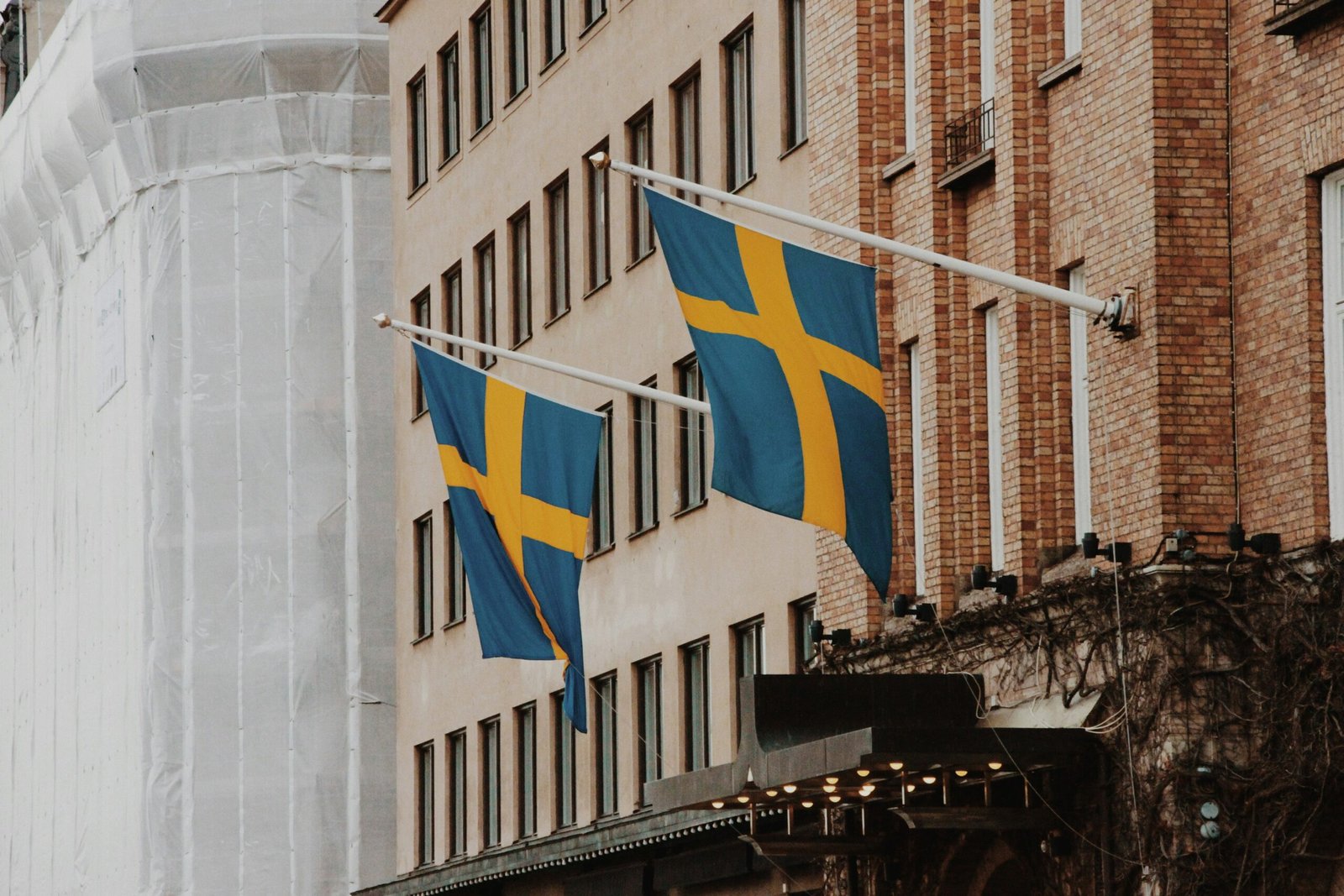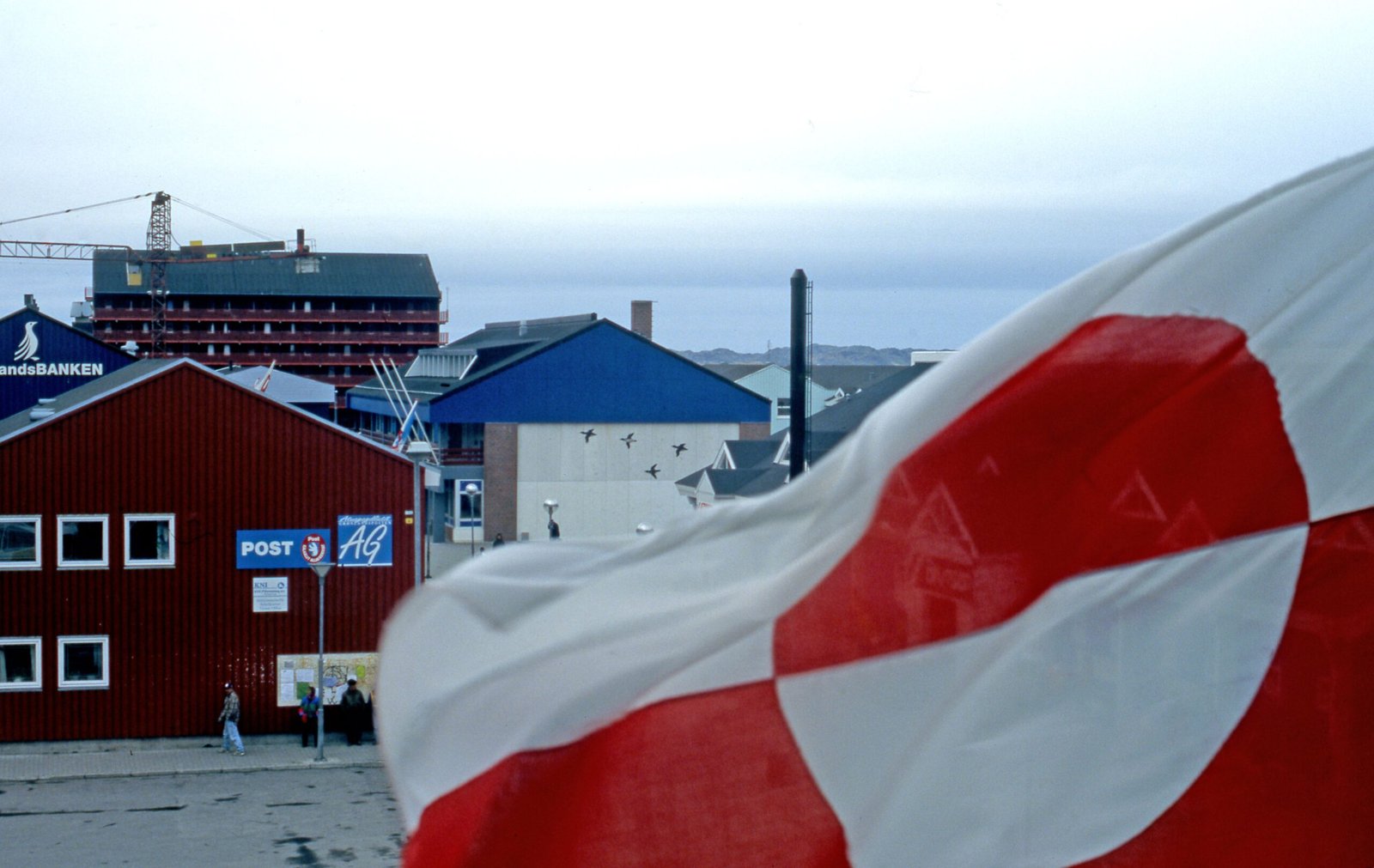Sweden, a Nordic nation in Northern Europe, is known for its exceptional quality of life, progressive social systems, and strong economy. It offers a comprehensive welfare system, ensuring access to healthcare and education for all. The country is famous for its breathtaking natural beauty, featuring vast forests, numerous lakes, and a picturesque archipelago. Sweden is a global frontrunner in innovation and sustainability, focusing heavily on renewable energy and environmental protection. With a rich cultural legacy, Sweden has made significant contributions to music, design, and literature. The country follows a neutral foreign policy, advocating for global peace and humanitarian causes. Swedish society highly values equality, inclusivity, and maintaining a healthy work-life balance. Here Open in Google Maps:

Official Name:
Kingdom of Sweden
Capital:
Stockholm
Land area:
410,000 sq km
Total area:
528,447 sq km, the fifth largest country in Europe and roughly the same size as California
– Forests: 63% (69 % of the land area)
– Lakes and rivers: 9%
– Marshland: 6.5%
– Agricultural land: 7%
– Grasslands: 7%
– Urban and industrial land: 3%
– Exposed rock and mountains: 4.5%
Time zone:
GMT +1
Currency:
1 krona (SEK) = 100 öre ≈ EUR 0.095
GDP:
SEK 6,206 billion (2023)
Language:
Swedish (Official language)
Population:
10.49 million (2022)
Average Life expectancy:
Men 81.58 years & women 84.9 years
Religion:
Over 80% of Swedes belong to the Lutheran Church of Sweden with many other religions and faiths in the country
National Day:
6 June
Sweden’s Government
Sweden is both a democracy and a monarchy. The Swedish Constitution and its four fundamental laws outline the country’s governance. Additionally, Sweden is a member of the European Union (EU).
Parliament:
The Riksdag is the legislature and the supreme decision-making body of the Kingdom of Sweden, 349 members of parliament in a single chamber
Head of state:
His Majesty King Carl XVI Gustaf; heir to the throne is Crown Princess Victoria
Education:
Ten years of compulsory schooling, but most students continue to the three-year upper secondary school/sixth form/high school. Around one-third go on to higher education at universities and colleges throughout Sweden.
Working hours and holidays:
The standard work week is 40 hours
Employment rate (20–64 years):
Men: 71.8%; women: 67.0%
Source Collected: Statistics Sweden




